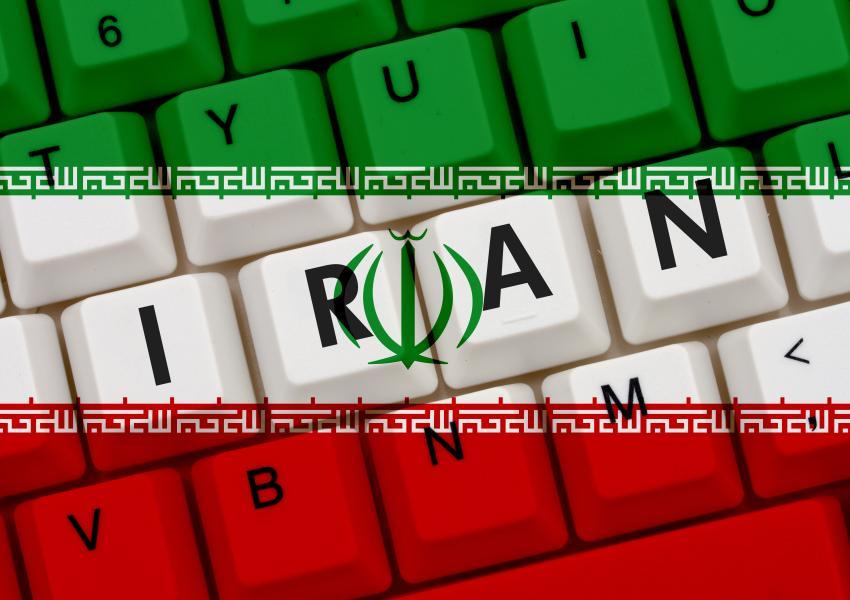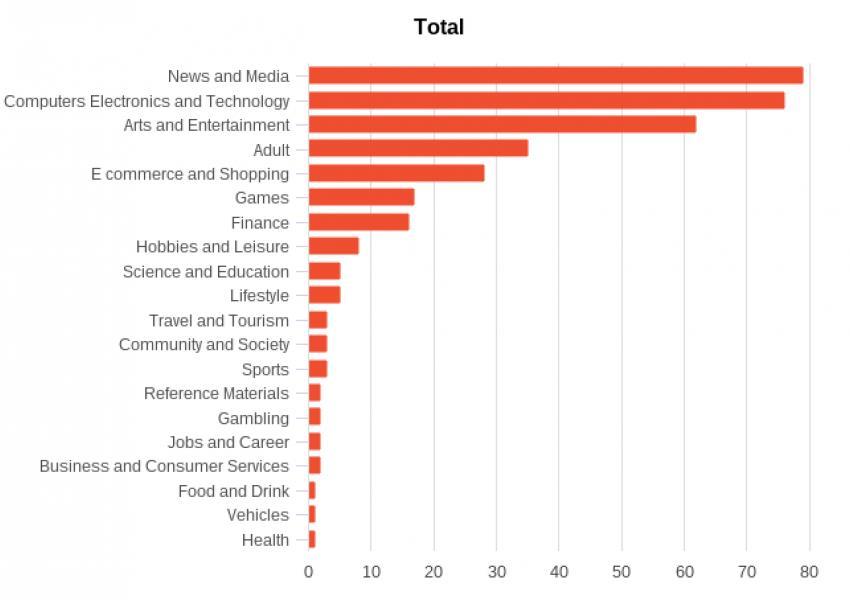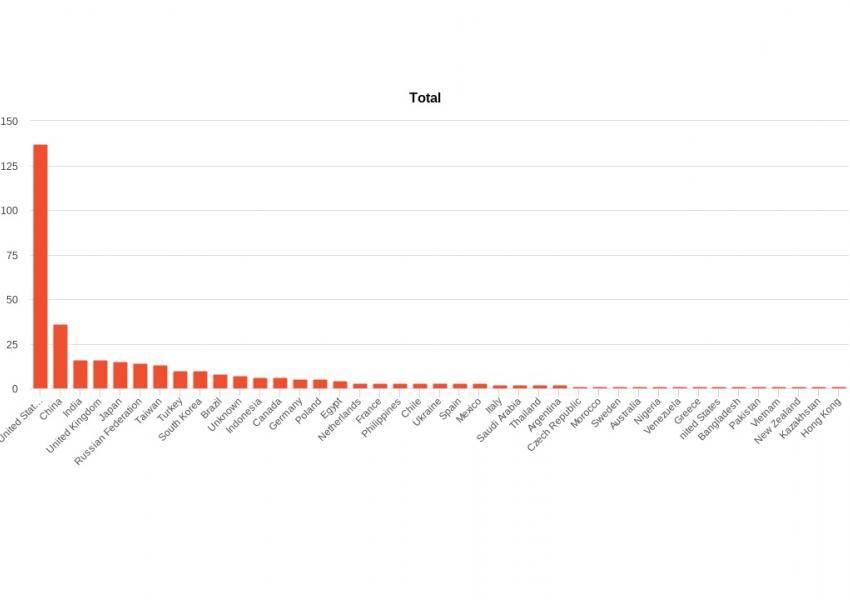
35 Percent of World’s Most Visited Websites Are Blocked in Iran
The Islamic Republic regime of Iran has one of the world’s broadest and yet complex Internet censorship infrastructures. Since the beginning of filtering in the early 2010s until today, the leaders and officials in Iran have been broadening the censorship and adding to the blacklist of filtered websites and programs.
The Internet censorship system in Iran which initially only targeted porn websites has now spread its wings to a point that it will not accept any criticism of the dominant ideology. However, that is the logical aspect of this censorship.
Based on Iran International’s review of Alexa’s data, out of the world’s top 1000 most popular websites, 35.1 percent are blocked to Iranian users.

Alexa is the company that ranks the world’s most popular websites based on visits and interactions.
The first significant issue after reviewing this data is that news and media websites are at the top of the censorship list in Iran. Computer electronics and technology are ranked second, Arts and entertainment third, and the adult (porn) websites are surprisingly ranked 4th on the list of most censored websites in Iran.
Websites from the United States are also on top of the list of most censored websites based on country.

Another significant issue that is revealed by the report, is that in a comparative assessment, Iran even surpasses China in Internet censorship by a large margin. China has only blocked 15.8 percent of the world’s top 1000 most popular websites.
When the first administration of Hassan Rouhani came to power, many believed that Iran will take a positive step regarding Internet censorship. But this belief has turned to disappointment. Filtering of Telegram, disrupting the VPN software function, and the new wave of Internet censorship have been the result of Rouhani’s second minister of communications. Although he tends to put the blame on the attorney general, half of the filtering committee consists of cabinet ministers.
The United States has recently added this committee to the list of human rights sanctions, along with the Islamic Republic’s Supreme Council of Cyber Space. The two organizations in charge of monitoring the Internet in Iran.
Even those within the regime are not safe from censorship of their websites if they become too critical of certain behaviors. As a result, most Iranian citizens are now using VPN.
But can this game of cat and mouse continue forever?








